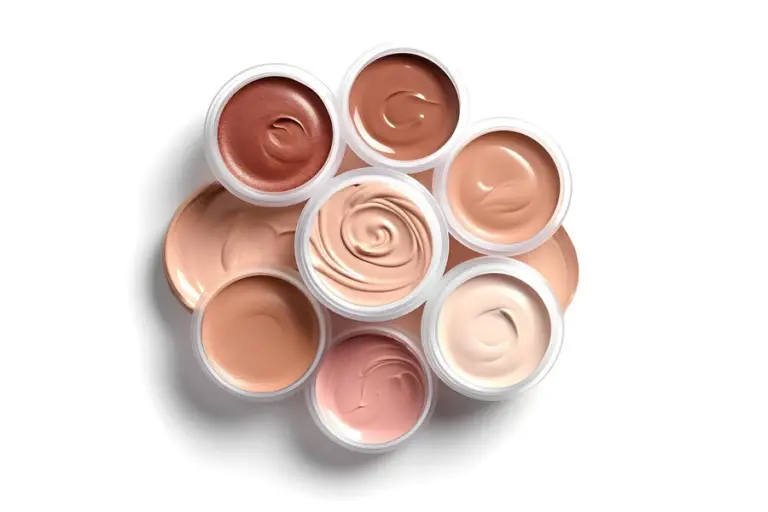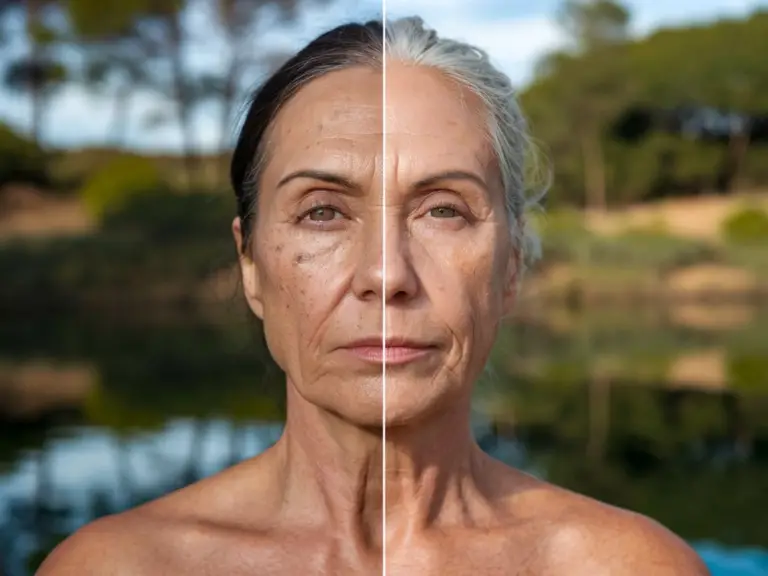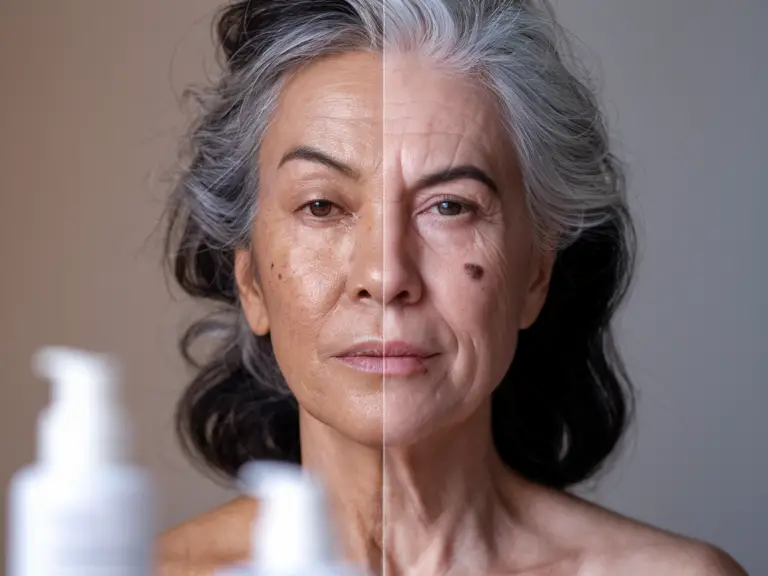Why Am I Experiencing Dry Skin After 50? The Detailed Truth
If you’ve hit 50 and noticed that your skin doesn’t feel quite like it used to, you’re not imagining things. Dry skin after 50 is a common concern that can catch you by surprise, especially when you’ve spent most of your life without these issues.
So, why is this happening now?
Let’s break down the reasons in more detail.
1. Reduced Oil Production: The Hidden Culprit
In our younger years, our skin naturally produces more sebum, an oily substance that acts like a built-in moisturizer. This is why many people remember dealing with an oily T-zone or breakouts in their teens and 20s. But dry skin after 50 has a different story. Your skin’s oil glands slow down significantly, leading to less natural lubrication.
Think of it like this: your skin’s natural oils are what keep it soft and flexible. With less oil production, it’s like trying to keep a sponge moist with barely any water—it just doesn’t stay soft for long. This shift can leave your skin feeling tight and looking dull, especially in dry weather.
CHECK OUT: How Can You Enhance Body Density as a Man Over 60?
2. Thinning Skin: A Natural Part of Aging
You might notice that your skin feels more delicate than it did before. Thinning skin is a big reason behind dry skin after 50. In your 50s and beyond, your skin’s structure begins to change, becoming more fragile and less effective at holding onto moisture.
Imagine your skin as a cozy sweater that’s been worn and washed many times. Over the years, it starts to thin and loses some of its original comfort. When your skin thins, it can’t protect or retain hydration as well as it used to, making dryness more common.

3. Hormonal Changes: The Role of Estrogen
For women, menopause often comes with a list of unexpected changes, and dry skin after 50 is a major one. Estrogen plays a significant role in maintaining your skin’s moisture levels, elasticity, and thickness. When estrogen levels drop during menopause, your skin starts to lose some of its youthful resilience.
This change can feel like a double whammy. Not only is the skin drier, but it may also start to feel rougher or appear more lined. If you’ve found yourself wondering why the moisturizers that used to work wonders don’t seem as effective, these hormonal shifts might be the reason.
4. Decreased Collagen Production: Less Plump, More Dry
Collagen, the protein that helps keep your skin firm, full, and smooth, naturally declines as you age. By the time you’re 50, your body produces significantly less collagen than it did in your 20s or 30s. This decline is why your skin may not only look drier but also begin to sag or show deeper lines. Dry skin after 50 is often due to this loss of collagen.
Picture collagen as the scaffolding that holds up the structure of your skin. With less collagen, the structure weakens, making it easier for moisture to escape and leaving your skin feeling drier. It’s why you might feel like you’re suddenly battling a rougher texture or needing to reapply moisturizer throughout the day.
5. Years of Environmental Exposure: The Long-Term Impact
Think back to your sun-soaked vacations, days spent gardening, or even just running errands without sunscreen. While those moments were enjoyable, decades of exposure to UV rays, wind, and air pollution can catch up with your skin. This cumulative effect breaks down your skin’s barrier, making it less capable of holding onto moisture, contributing to dry skin after 50.
UV damage, in particular, accelerates the loss of collagen and can lead to sunspots, rough patches, and that persistent dry feeling. Even if you were diligent about skincare later in life, the early years may have set the stage for these changes.
6. Lifestyle Shifts: Everyday Habits That Add Up
Your habits in your 50s might be different than they were in your 20s or 30s. Maybe you’re more inclined to enjoy a warm bath or take longer hot showers. While relaxing, these habits can strip your skin of its natural oils, making dry skin after 50 more pronounced. Add in indoor heating during colder months, and it’s easy to see why your skin may feel parched.
Diet can also play a role. Perhaps you’ve adjusted your eating habits or medications have changed, impacting how hydrated your skin feels from within. These subtle lifestyle shifts are often overlooked but can add to the feeling of dryness over time.

Connecting the Dots
Understanding why dry skin after 50 becomes a concern helps you see that it’s not just one factor, but a combination of natural processes and life experiences. Each of these reasons can connect to personal stories—whether it’s reminiscing about days at the beach, realizing the difference menopause has made, or noticing how your skincare routine doesn’t seem to cut it anymore.
These insights don’t mean you’re stuck with dry skin forever. Recognizing what’s happening is the first step toward taking back control and making informed decisions about how to care for your skin in this stage of life.







